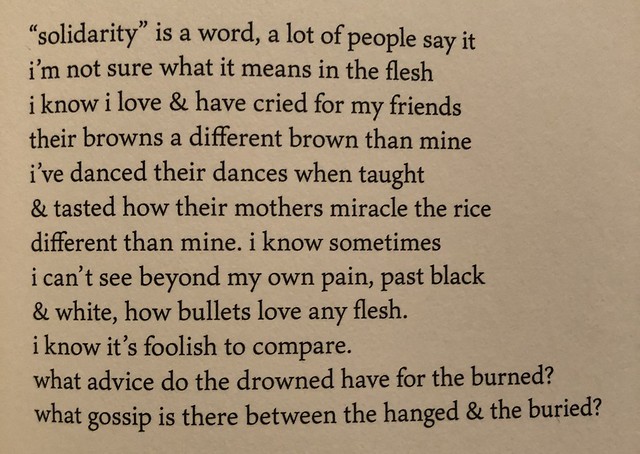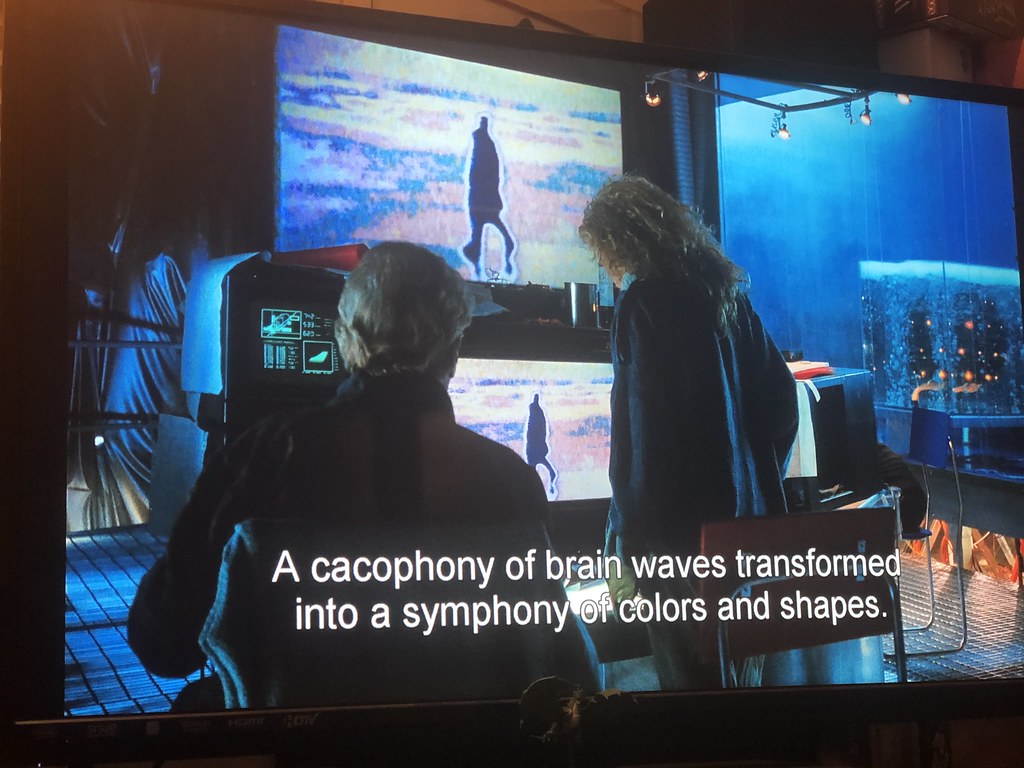- When Fetch the Bolt Cutters was released last year, I played it every morning for the two of you as part of our morning routine. Bottles and diapers and Fiona’s bottled up joy and fury and clatter-y pop. For a good half of the year, we heard the album 3-4 times a week.
- The run at 1:36 (“O yes, oh yes, there’s a dress” through “Cuter than a button) is the best verse we listened to in 2020. The internal rhymes and weird confessional approach to solidarity and kinship is dizzying.
- I think about this live performance–from three years before the album was released, wondering how the seemingly unimpressed audience just stands there–if the stripping of unnecessary jazz chords, licks, and excess noise helped reveal the pith of what is in this rendition.
- The final refrain, “Yet another woman, to whom I won’t get through,” a weight dragging Fiona down. It is a/the heavy balloon in the title of the following song.
- Honestly, what I come back to most frequently are the ten seconds from 4:30-4:40 where the song lifts: “a comparison with you.” It feels like a mirrored moment of six or seven seconds near the end of Radiohead’s “Nude” (3:38) musically and tonally both doing similar shifts.
Dispatches for Luna & Max (#09)
Leave a reply

